




 Unofficial Transcript
Unofficial Transcript  Min GPA Requirement
Min GPA Requirement  Recent Grades Report
Recent Grades Report .svg) Written Answers
Written Answers .svg) Personal Statement
Personal Statement  Online Application From
Online Application From  Application Fee
Application Fee 


Application is closed

UC Santa Barbara's Summer Research Academies offer a dynamic summer experience that introduces qualified high school students to the research enterprise through project-based, directed research in STEM, Humanities, and Social Sciences fields.
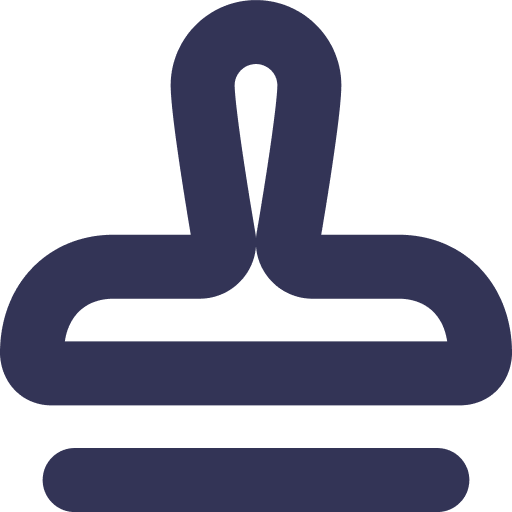 Credit
Credit
 Residential
Residential
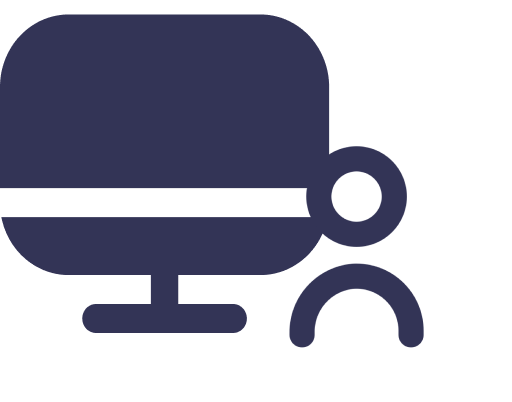 Hybrid
Hybrid
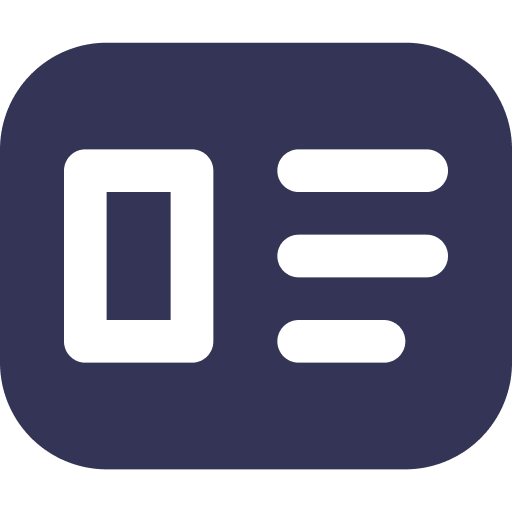 Accepts International Students
Accepts International Students
Students will take a 4-unit university course in which they choose and develop a research topic specific to the track they select, under the direction of an instructor who is conducting active research in that field.
Students will develop academic and professional skills by presenting their research findings in a capstone seminar, networking with peers, and experiencing university life in a challenging environment.
The lecture series - GRIT talks - will connect students to some of the best minds among the UC Santa Barbara research community as they present on their ground-breaking research and innovative technology.
SRA students can choose between commuter and residential options when planning their summer experience. Commuter students are expected to have local accommodations, and reliable transportation to campus each day. Residential students live in the UC Santa Barbara dorms with other pre-college students for the duration of the program. They enjoy meals in the campus dining commons, and partake in a wide variety of supervised social activities outside of their academic experience.
The program kicks off with a required virtual component from June 29 – 30, 2023, designed to introduce students to resources that will support their success. On July 2, students will convene at UC Santa Barbara for a Welcome Event that will jumpstart a four week in-person experience. Starting the first week, students will develop an appropriate research question and build the framework for their project. During the first half of the program, students will participate in specially designed hands-on labs that demonstrate concepts and reinforce principles learned in lecture. In the second half, the focus will shift from labs to investigation and analysis in order to allow students to present their results in a formal capstone seminar at the conclusion of the program.
The general academic component of the program is as follows:
Week 1: 3 Lectures | 2 Labs | 1 Discussion | 1 GRIT talk
Week 2: 4 Lectures | 2 Labs | 2 Discussions | 2 GRIT talks
Week 3: 4 Lectures | 3 Discussions | 2 GRIT talks
Week 4: 3 Lectures | 3 Discussions | 2 GRIT talks | Capstone Seminar
Students participating in the Summer Research Academies will earn 4 university credits by taking an interdisciplinary research course that teaches fundamental concepts in the particular track they choose, leading to more specific topics current in the field. Students will learn how to compose a formal research report and gain key communication skills to effectively present findings.
Research Tracks
TRACK 1: DIVERGENT MINDS & NEUROTRIBES
An Exploration of the Neuropsychological Link Between Genius and Disorder
Disciplines: Clinical Psychology, Neuroscience, Neurodiversity, Neurodevelopment, Mental Health
TRACK 2: INVISIBLE INFLUENCES
Decoding Culture and the Ideological Power of Media
Disciplines: Cultural Studies, Sociology, Philosophy, Psychology, Film Studies
TRACK 3: LIGHT AND MATTER
Exploring the Quantum World, from Atoms to Applications
Disciplines: Quantum Physics, Material Science, Light-Matter Interaction, Engineering, Optics
TRACK 4: MORAL MINING
Using Big Data to Investigate Polarization and Moral Depictions
Disciplines: Data Science, Moral Psychology, Communication, Sociology, Computer Science
TRACK 5: TIPPING THE SCALES
Confronting Legal Precedents of Landmark US Supreme Court Cases
Disciplines: Constitutional Law, Civil Rights Advocacy, Reproductive Rights, Environmental Justice, History
TRACK 6: DECODING THE BLACK BOX
Building Trustworthy Machine Learning Models for the Physical World
Disciplines: Machine Learning, Mechanical and Aerospace Engineering, Materials, Physics, Computer Science
TRACK 7: PAIN AND PREJUDICE
The Role of Discrimination in Generating Disparities in Health
Disciplines: Public Health, Health Inequity, Statistics, Applied Economics, Population Science
TRACK 8: MODEL BEHAVIOR
Using Animal Models to Understand Maladaptive Decision-Making
Disciplines: Neuroscience, Neuropsychiatric Disorders, Cognitive Neuroscience, Biology, Chemistry
TRACK 9: CHASING THE COSMOS
A Dive Into Space Exploration and its Legacies for the Future
Disciplines: History of Science & Technology, Astronomy, Environmental Science, Geoscience, Astrobiology
TRACK 10: DIAGNOSTIC AI
Transforming Healthcare Using Image Processing and Learning from Biomedical Images
Disciplines: Computer Vision, Biomedical Engineering, Computational Biology, Computer Science, Electrical Engineering
All applicants must meet the following requirements:
- Must be a current high school student in the 9th, 10th, or 11th grade
- Have a minimum 3.6 GPA weighted in UC a–g requirements
- Must attend the program in its entirety, including the virtual component June 29 – 30, 2023
- Must be in compliance with the university's COVID-19 vaccination policy
 Unofficial Transcript
Unofficial Transcript
 Min GPA Requirement
Min GPA Requirement
 Recent Grades Report
Recent Grades Report
.svg) Written Answers
Written Answers
.svg) Personal Statement
Personal Statement
 Online Application From
Online Application From
 Application Fee
Application Fee
The online application includes:
1 - Transcript – You will be asked to upload a high school transcript that shows your entire academic history. You can ask your school or counselor for a copy of an unofficial transcript to submit with your application. It must include the first trimester or semester grades for the 2022–2023 academic school year. Please note that transcripts will be checked and verified before applications are reviewed.
2 - Personal Statement – In a 500 word maximum essay, please tell us why you want to participate in SRA, the reason you selected a particular research track(s), and something unique about you that you’d like the admissions committee to know.
3 - Short Responses – A series of questions so we can get to know you better. In 150 words or less for each response, we will ask you to tell us:
Briefly share what you specifically hope to learn from the track(s) you have chosen.
What skills, interests, or talents do you possess that will enable you to succeed in the chosen track(s)?
Create a hashtag describing you and/or your life and elaborate on why you chose it.
4 - International Students: TOEFL/English language proficiency exam scores are NOT needed for International applicants.
5 - $75 Application Fee (non-refundable).
 Jun 29 - Jul 28
Jun 29 - Jul 28
 4 weeks
4 weeks
 Jun 29 - Jul 28
Jun 29 - Jul 28
 4 weeks
4 weeks
2023 Program Cost
COMMUTER OPTION
$75 Application Fee (non-refundable)
$200 Enrollment Deposit (non-refundable; applied to the Tuition and Program Fees)
$2,300 Tuition and Program Fees
RESIDENTIAL OPTION
$75 Application Fee (non-refundable)
$200 Enrollment Deposit (non-refundable; applied to the Tuition and Program Fees)
$2,300 Tuition and Program Fees
$5,399 Housing and Meal Fees (These fees apply to residential students only, and are collected by Summer Discovery)
Fee Payment and Deadlines
The application fee is due at submission of application. This fee is non-refundable.
The enrollment deposit is due at time of acceptance confirmation. Enrollment deposits are applied to the tuition and program fees. This fee is non-refundable.
The remainder of the tuition and program fees are due on or before May 16, 2023.
Please note that you will be given the option to complete your tuition payment by credit card or eCheck. A 2.75% convenience fee will apply when paying by credit card. This fee is charged by our payment processor. Transactions completed by eCheck do not incur a processing fee, but will require that you provide your bank routing number and account number.
Scholarships
A limited number of scholarships are available and awarded based on need, qualifications, and availability. Priority is given to California residents. If you are interested in applying for a scholarship, please indicate your interest within your program application. Your guardian will receive an email to complete the scholarship application if you are admitted into the program.



 Unofficial Transcript
Unofficial Transcript
 Min GPA Requirement
Min GPA Requirement
 Recent Grades Report
Recent Grades Report
.svg) Written Answers
Written Answers
.svg) Personal Statement
Personal Statement
 Online Application From
Online Application From
 Application Fee
Application Fee



Application is closed

Useful Resources






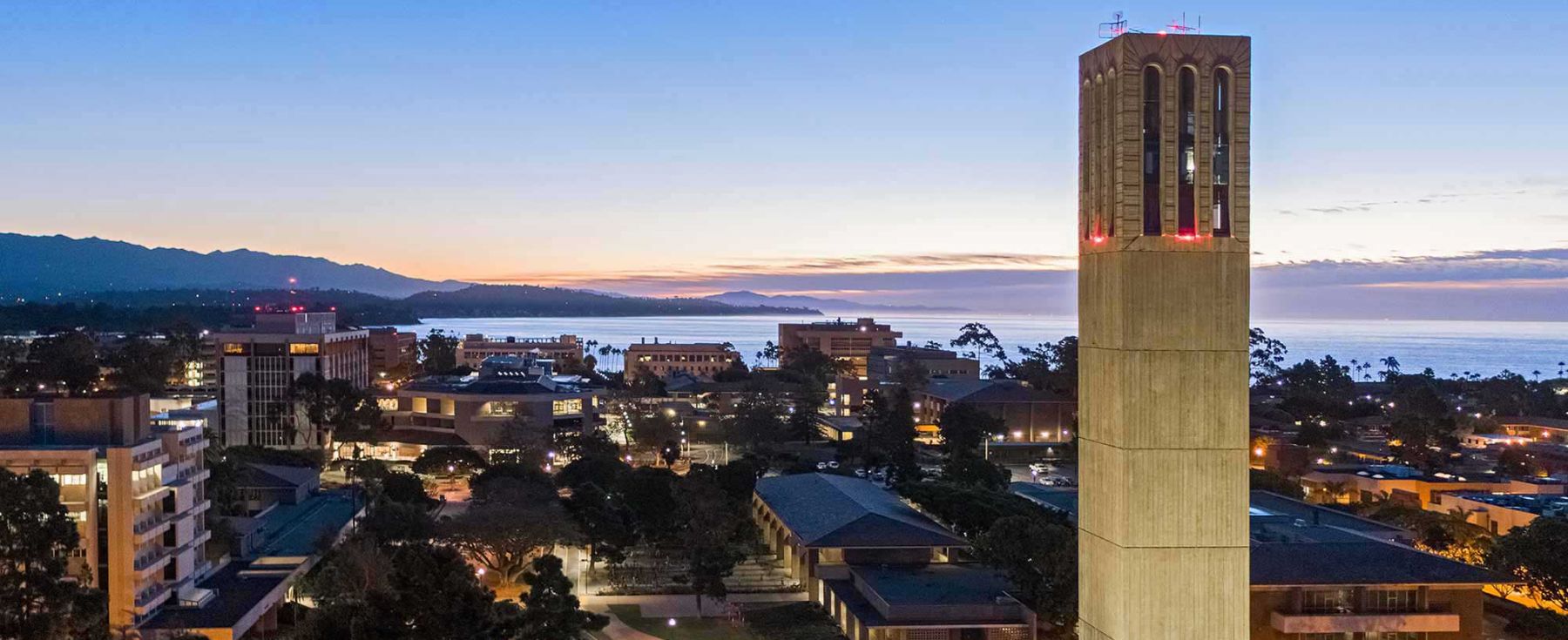
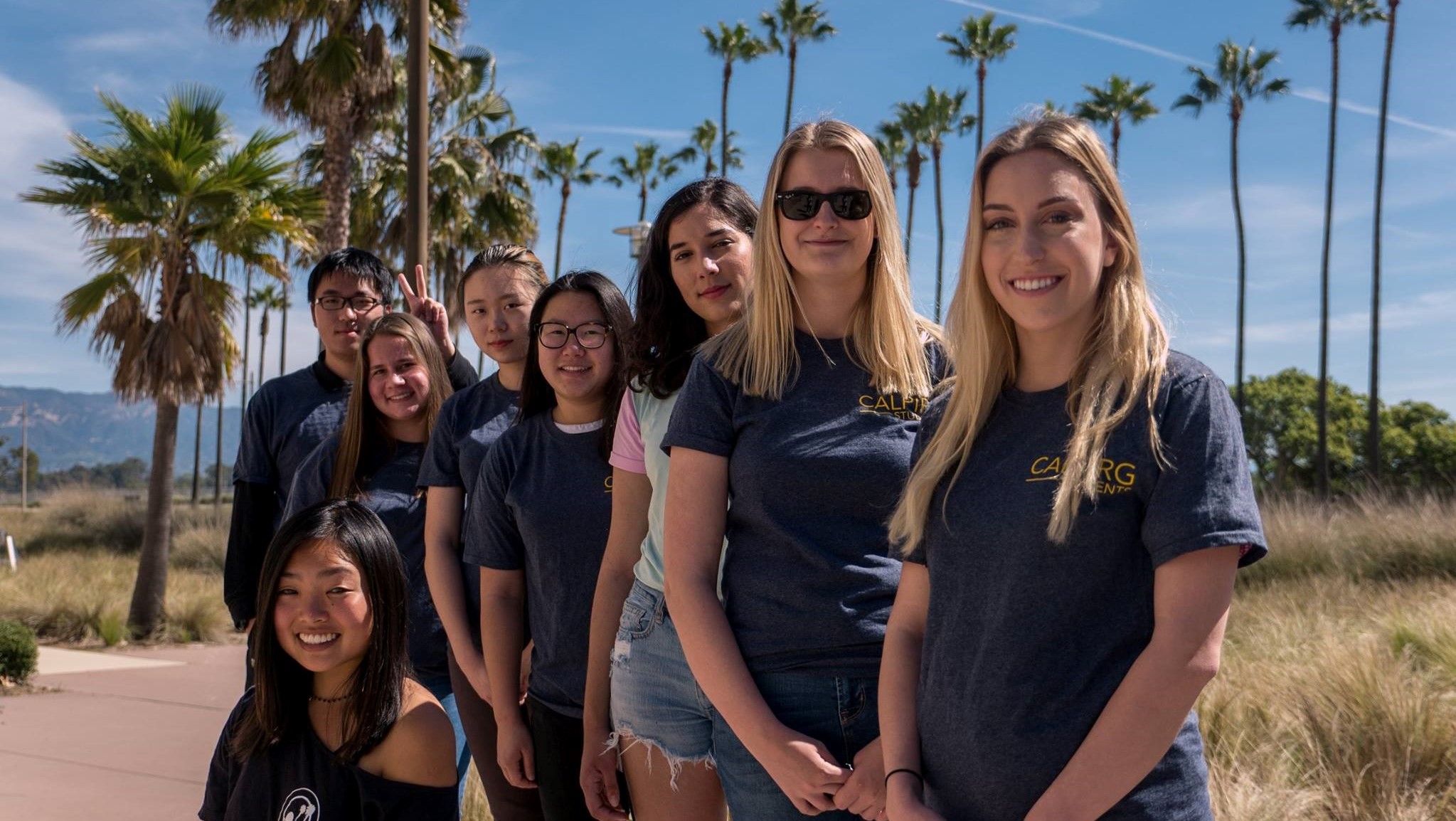
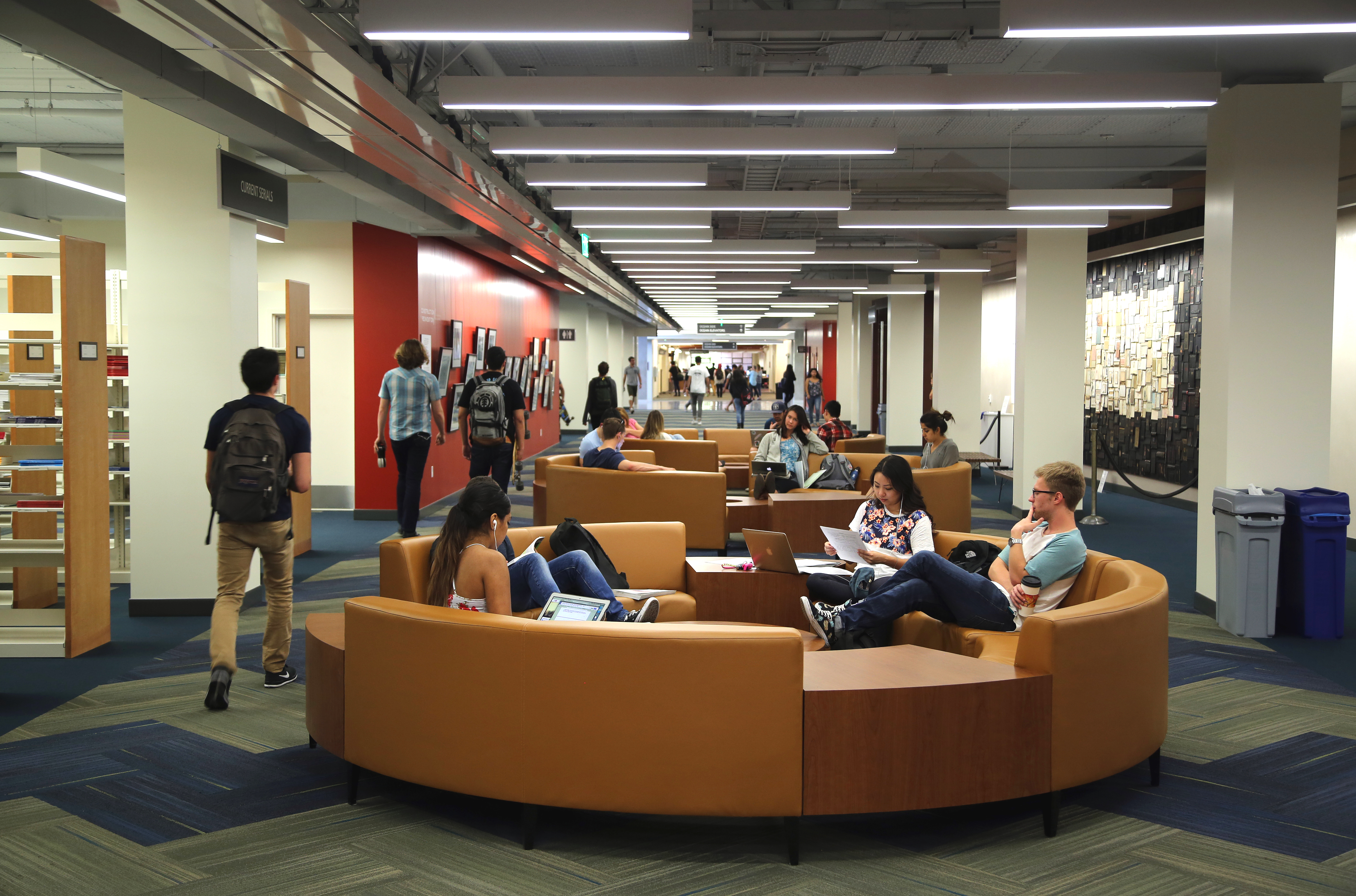
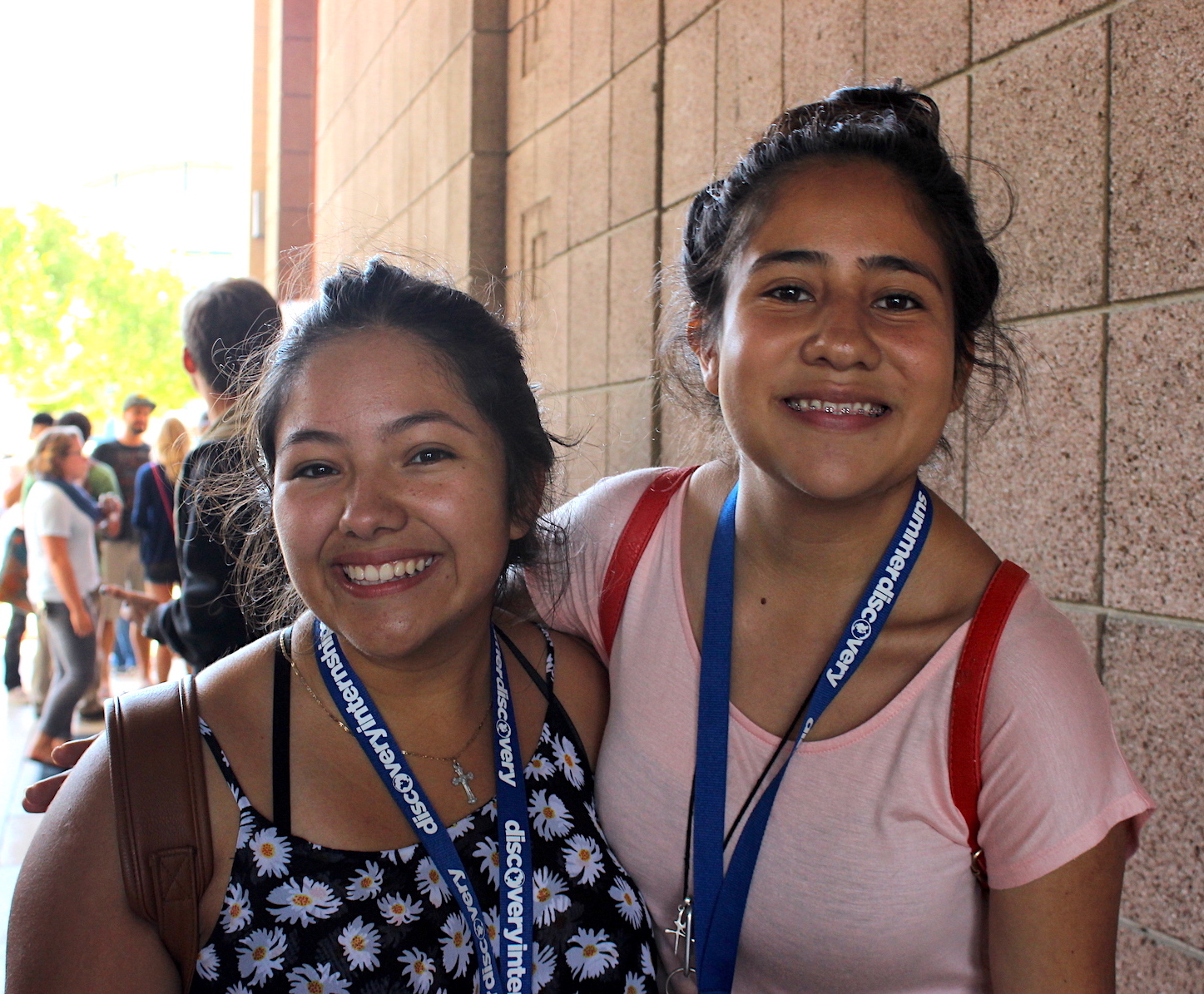
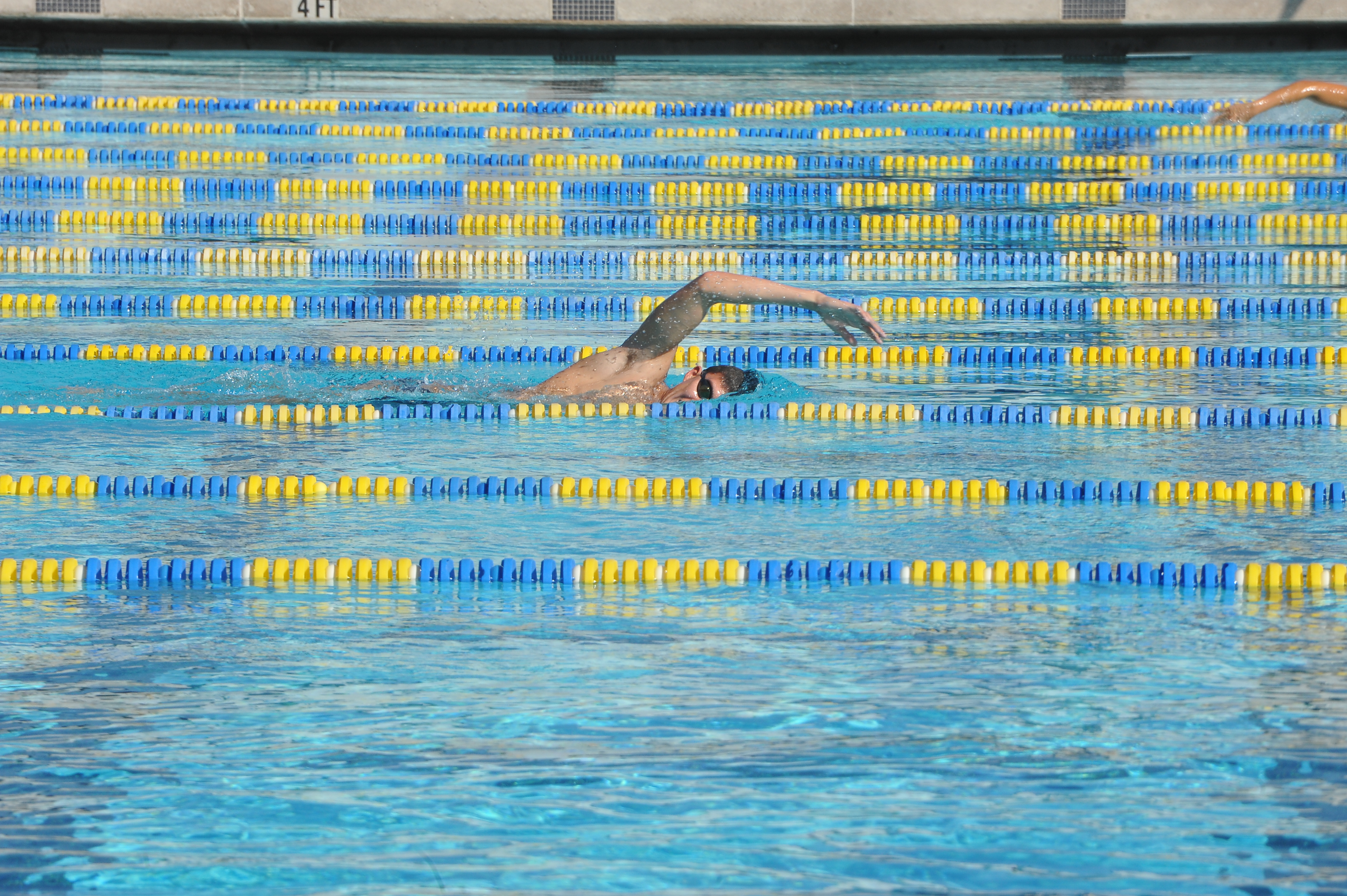
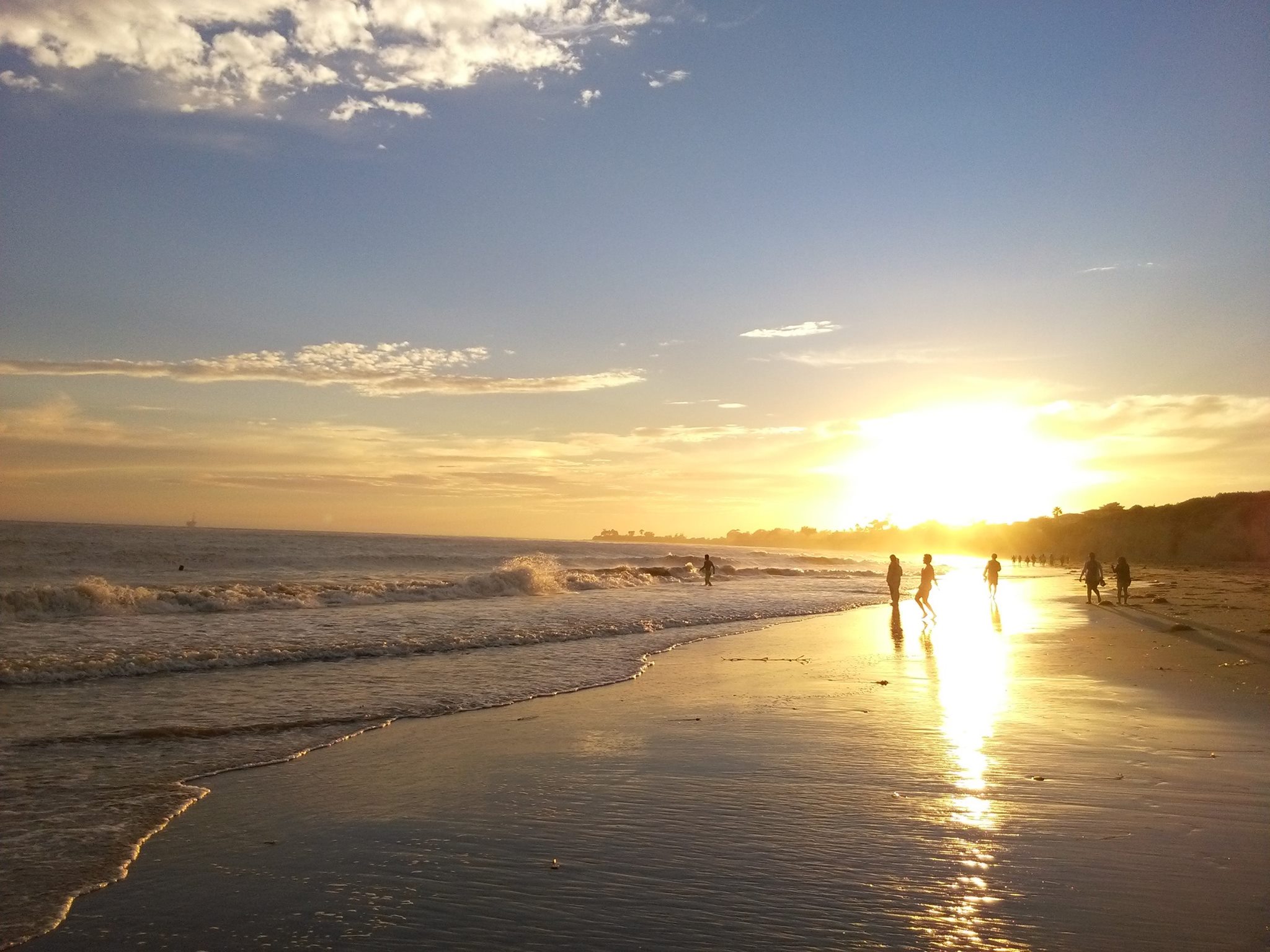




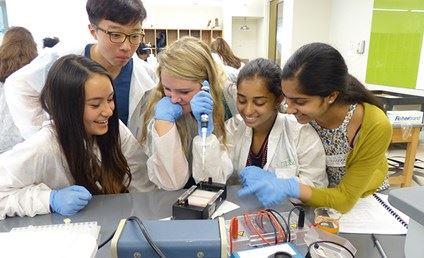

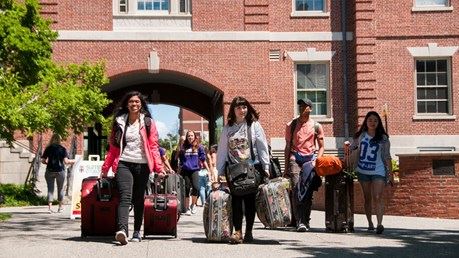
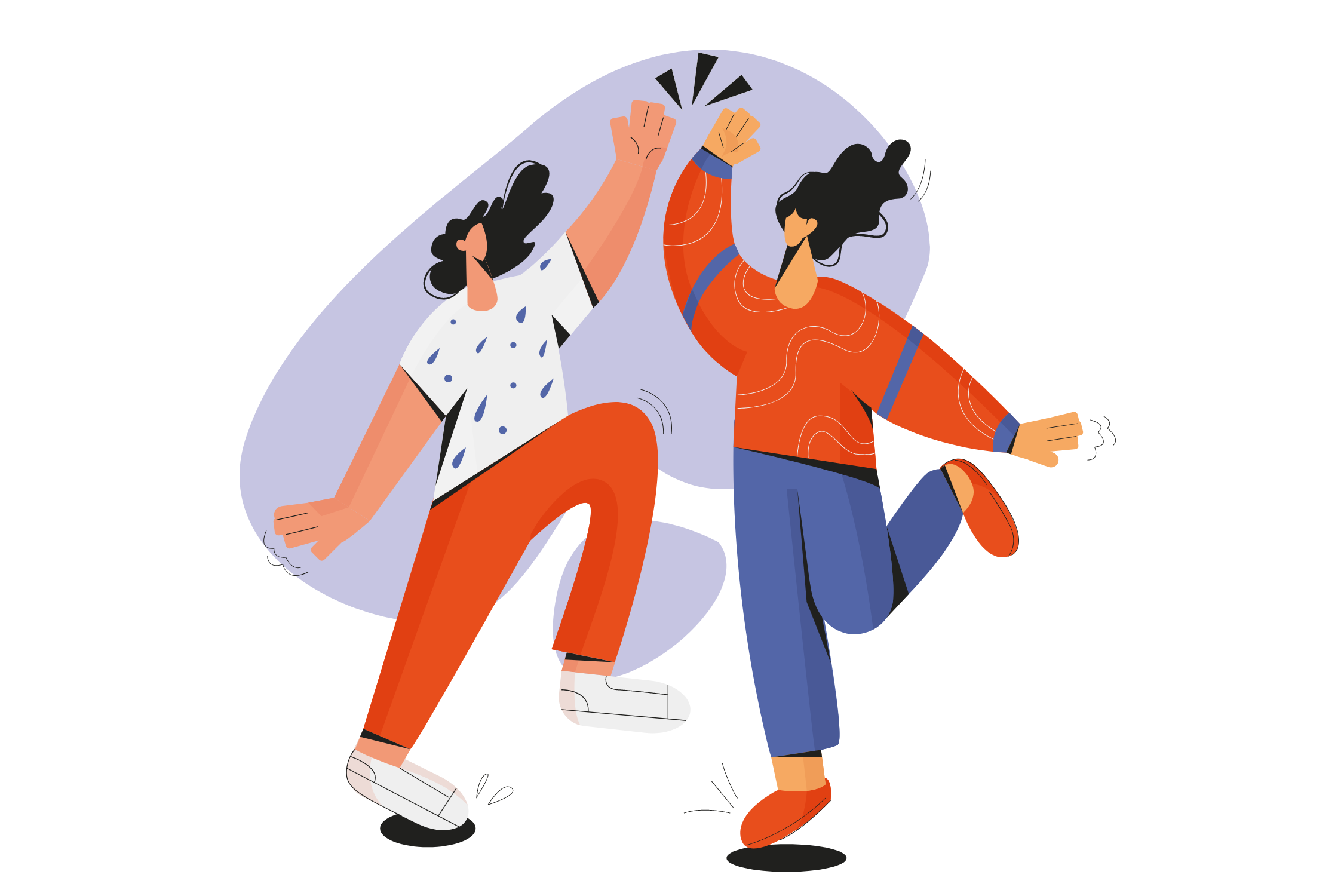
Tell us your
opinion about us